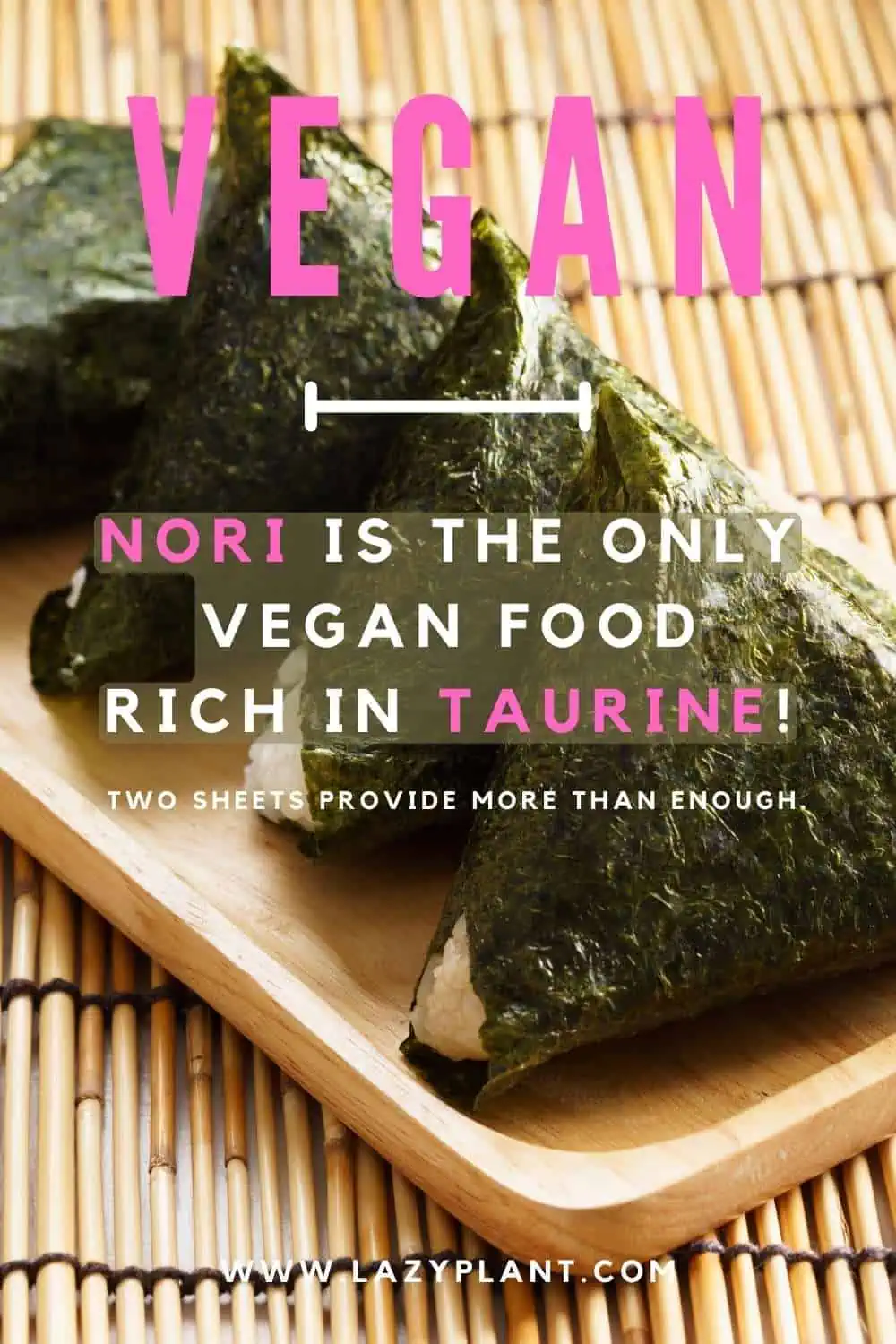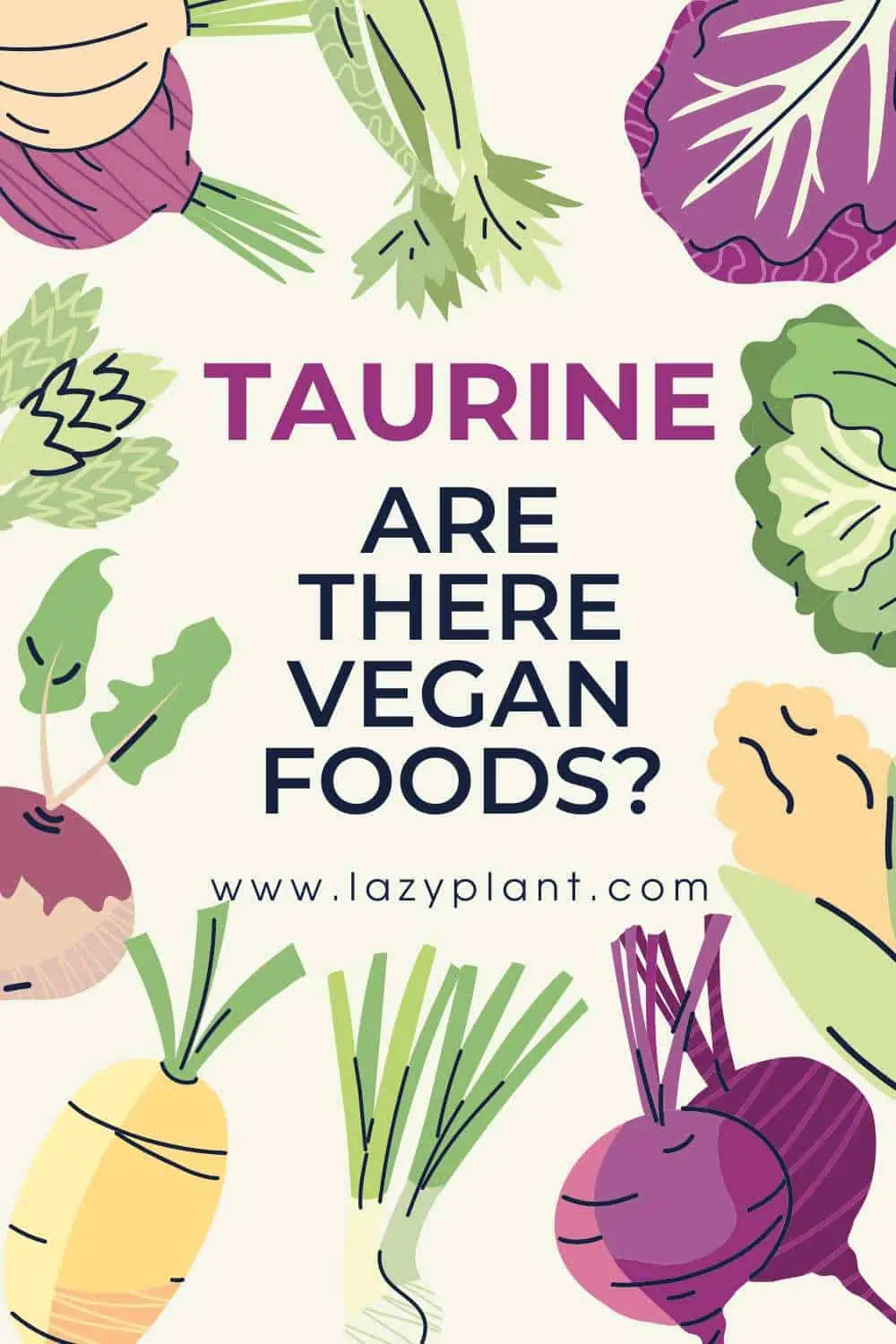The Mediterranean diet provides enough taurine for most people through moderate consumption of fish, seafood, poultry, and dairy products. However, those following a more plant-based diet, people with certain health conditions, and athletes may need to monitor their taurine intake and consider supplementation if needed. A daily taurine intake of 400 mg from food or supplements benefits weight loss.
Health Benefits of Taurine
Taurine is one of the most abundant amino acids in the body! It’s highly concentrated in the brain, eyes, muscles, and heart. Taurine has huge functional significance in cell development, nutrition, and survival.[1]
Taurine isn’t an essential amino acid. The human body synthesizes small amounts of taurine in the liver, brain, and pancreas. Methionine, cysteine, and vitamin B6 are necessary for its synthesis.[2,3]
However, the human body can’t produce adequate amounts of taurine to maintain normal plasma taurine concentrations. Furthermore, some people have a low ability to produce it naturally. Therefore, we should take taurine directly from food or supplements.
How does Taurine support Weight Loss?
High levels of taurine are good for losing weight and lowering BMI (Body Mass Index). Moreover, taurine can reduce inflammation in obese women.[4,5]
Also, taurine may help you lose belly fat, as it inhibits the formation of new fat cells in white fat tissue.[6]
Additionally, taurine helps you lose weight, as it’s necessary for the regulation of glucose, metabolism of fat, energy expenditure, and appetite control![7]
Furthermore, taurine has been linked to a decreased risk of high blood pressure, and plasma cholesterol.[8]
Recommended Daily Intake
We take about 40-400 mg of taurine from our diet. A daily taurine intake of 400 mg from dietary sources is considered enough for weight loss and other functions of the human body.[9]
Sources of Taurine in the Mediterranean Diet
The Mediterranean diet includes several traditional foods that are good sources of taurine, though not in large quantities. These foods include:
- Fish and Seafood: Fatty fish like sardines, mackerel, and shellfish are excellent sources of taurine. Seafood is regularly consumed in the Mediterranean diet, particularly in coastal regions. Mussels, clams, and oysters are particularly rich in taurine.
- Meat (especially organ meats): While red meat is consumed sparingly in the Mediterranean diet, poultry, and organ meats like liver (which are rich in taurine) are eaten occasionally. While not consumed as frequently, lamb and goat meat, particularly in certain Mediterranean regions, offer taurine.
- Dairy Products: Cheese and yogurt, common in the Mediterranean diet, also contain small amounts of taurine, though less than meat and fish.
- Eggs: Although not as rich in taurine as fish or meat, eggs do contain some taurine and are regularly consumed in Mediterranean countries.
Plants don’t contain taurine! Meat, fish, and eggs are the only good dietary sources.
Can You Get Enough Taurine from the Mediterranean Diet?
For most people, the moderate intake of animal products in the Mediterranean diet provides enough taurine. Since taurine is not considered an “essential” amino acid (meaning the body can produce it under normal conditions), the diet does not have to be as high in taurine as a purely animal-based diet to meet basic needs.
However, in cases of reduced consumption of these taurine-rich foods—such as in more plant-based or vegetarian variations of the Mediterranean diet—taurine intake could be lower.
When Taurine Deficiency Might Occur?
Taurine deficiency is rare but can occur in specific cases, particularly in people who follow more restrictive diets or have health conditions that impact taurine synthesis or absorption:
- Strict Vegetarian or Vegan Diets: Since taurine is almost exclusively found in animal products, people following vegan diets or plant-heavy Mediterranean diets may have low taurine intake.
- Certain Health Conditions: Individuals with liver or kidney disease, heart failure, or diabetes may experience impaired taurine synthesis or increased need for taurine.
- Aging: As people age, the body’s ability to produce taurine may decrease, potentially leading to lower levels of taurine, especially if animal product intake is minimal.
- Intense Physical Activity: Athletes or individuals engaged in intense physical activity may require more taurine for muscle function and recovery. If their diet is low in animal-based foods, taurine deficiency could occur.
Do I need Supplements?
In most cases, taurine supplementation is not necessary if you are following a traditional Mediterranean diet with moderate amounts of fish, meat, and dairy. However, supplementation may be considered in the following cases:
- Vegetarians/Vegans: Since they consume little to no taurine through diet, a taurine supplement may be beneficial, especially for heart, brain, and muscle health.
- People with Health Conditions: Individuals with specific medical conditions that impair taurine production or increase its demand might benefit from supplements, but this should be discussed with a healthcare provider.
- Older Adults: Aging individuals may consider taurine supplementation if their diet is low in taurine-rich foods or if they are experiencing symptoms associated with taurine deficiency, such as muscle weakness or fatigue.
So, vegans, vegetarians, and people who follow a plant-based diet could take up to 500 mg of taurine from supplements in order to lose weight. Higher dosages are unnecessary for weight loss. You can find a wide variety of taurine supplements on iHerb.
Are Taurine Supplements or Energy Drinks Safe?
The popular energy drink Red Bull has about 1,000 mg of taurine per 250 mL can. This is a vegan source of taurine, as it’s synthetic.[10]
Most dietary supplements also contain between 500 and 2,000 mg of taurine per capsule.
There hasn’t been established an upper safe dosage for taurine. In fact, many studies have been conducted applying 500-6,000 mg of taurine per day. But, only for a couple of weeks in most cases. The long-term effects of taurine supplementation aren’t well studied.
A daily taurine intake of 3,000 mg is considered pretty safe.
So, should you start drinking energy drinks or taking dietary supplements? No, actually. Energy drinks have too many calories, sugar, and caffeine. The supplementation of taurine is much healthier.
However, if you follow a well-balanced Mediterranean Diet plan, you stimulate the natural synthesis of taurine by your body!
In any case, you should consult your healthcare provider before taking taurine supplements.
Is Taurine Vegan?
Taurine is vegan, as it’s simply an amino acid. However, taurine in its natural form isn’t vegan. Only animal-derived foods, such as meat, seafood, dairy, and eggs, are naturally high in taurine.
Plants don’t contain any taurine. Actually, only some types of algae and rare shrubs may contain small amounts of taurine. Vegans and vegetarians don’t take adequate amounts of taurine from dietary sources.[3]
The human body synthesizes some taurine, though. But, the produced dose isn’t always enough. The synthesis of taurine by the body requires adequate amounts of the essential amino acid methionine and the nonessential amino acid cysteine, as well as vitamin B6.
So, vegans and vegetarians have a high risk of taurine deficiency. So, they could benefit from taking taurine supplements. Synthetic taurine found in dietary supplements and popular energy drinks is actually vegan.
You can find a wide variety of taurine supplements on iHerb.
Are there Vegan Taurine-Rich Foods?
Common plant-based foods don’t contain any taurine. The only vegan food with decent amounts of taurine is Nori. These red algae have about 1,000-1,300 mg of taurine per 100g (dry weight).[11]
A Nori sheet provides about 32 mg of taurine. Hence, 2 Nori sheets provide more than enough taurine for vegans and people who follow a plant-based diet like the Mediterranean!

Nori, a type of seaweed, is not traditionally part of the Mediterranean diet. However, it can be incorporated into this dietary pattern as a healthy and versatile ingredient. Nori is rich in nutrients, including iodine, calcium, and iron. It also contains fiber, protein, and omega-3 fatty acids. These nutritional benefits align with the principles of the Mediterranean diet, which emphasizes whole, unprocessed foods and a variety of nutrients.
Nori has normal levels of iodine. Healthy people can safely consume Nori. Other common algae can be dangerous for health, though. They may contain extremely high doses of iodine. Moreover, other seaweed and algae are poor dietary sources of taurine.[12]
While nori may not be a staple ingredient in traditional Mediterranean cuisine, it can be enjoyed as a delicious and nutritious addition to your meals.
Plant-based Foods that Boost Taurine Synthesis
In the Mediterranean Diet, people consume a wide variety of foods high in methionine, cysteine, and vitamin B6 which help the body to synthesize adequate amounts of taurine.
Methionine
- beans, such as soybeans, navy beans, kidney beans, and pinto beans.
- nuts and seeds, such as Brazil nuts, pistachios, hemp seeds, pumpkin seeds, chia seeds, sunflower seeds, and flax seeds.
- soy products, such as tofu and edamame
- whole cereals, such as rice and quinoa.
Cysteine
- beans, such as lentils, soybeans, and chickpeas.
- soy products, such as edamame.
- whole cereals, such as oatmeal.
- nuts and seeds, such as chia seeds, hemp seeds, and sunflower seeds.
Vitamin B6
- soy products, such as edamame, tempeh, and tofu.
- nuts and seeds, such as pistachios, chestnuts, and sunflower seeds.
- vegetables, such as spinach, peas, potatoes, and sweet potatoes.
- fruits, such as avocados, and bananas.

As the consumption of beans, nuts, seeds, and whole grains is a key principle in the Mediterranean Diet, healthy people should have normal levels of taurine by following this diet plan.